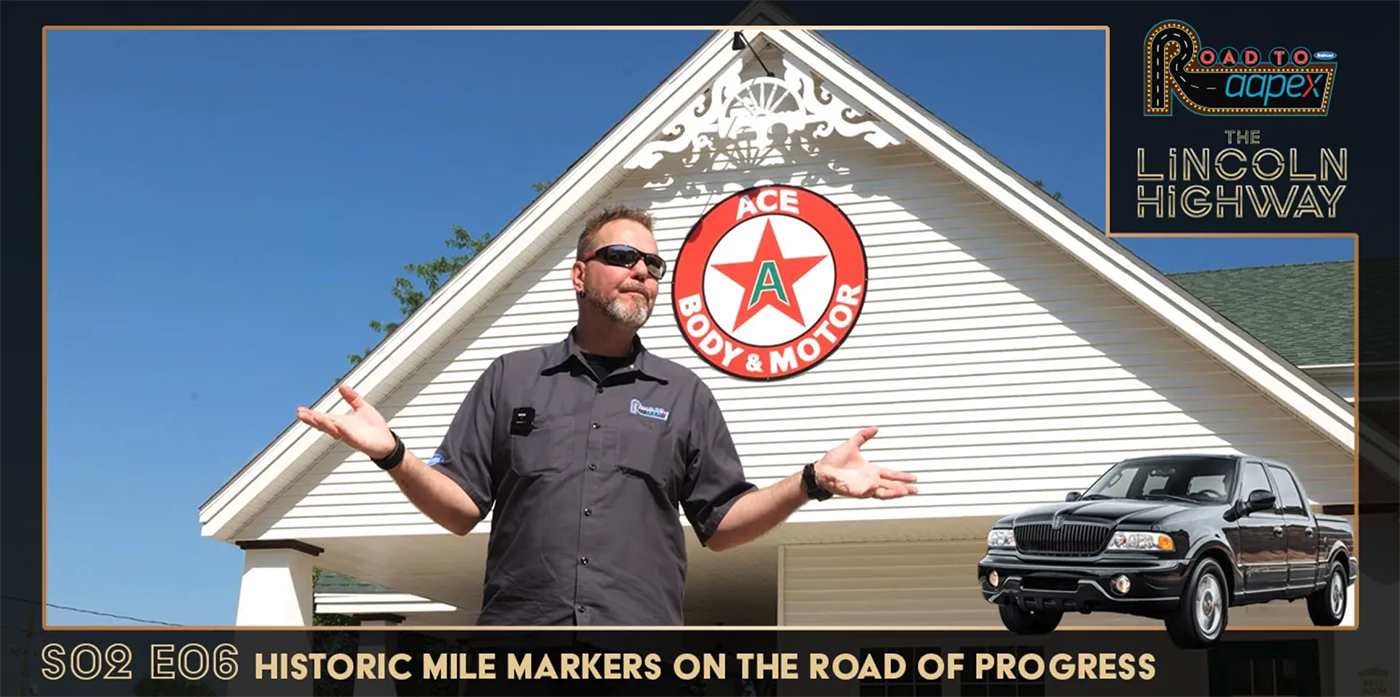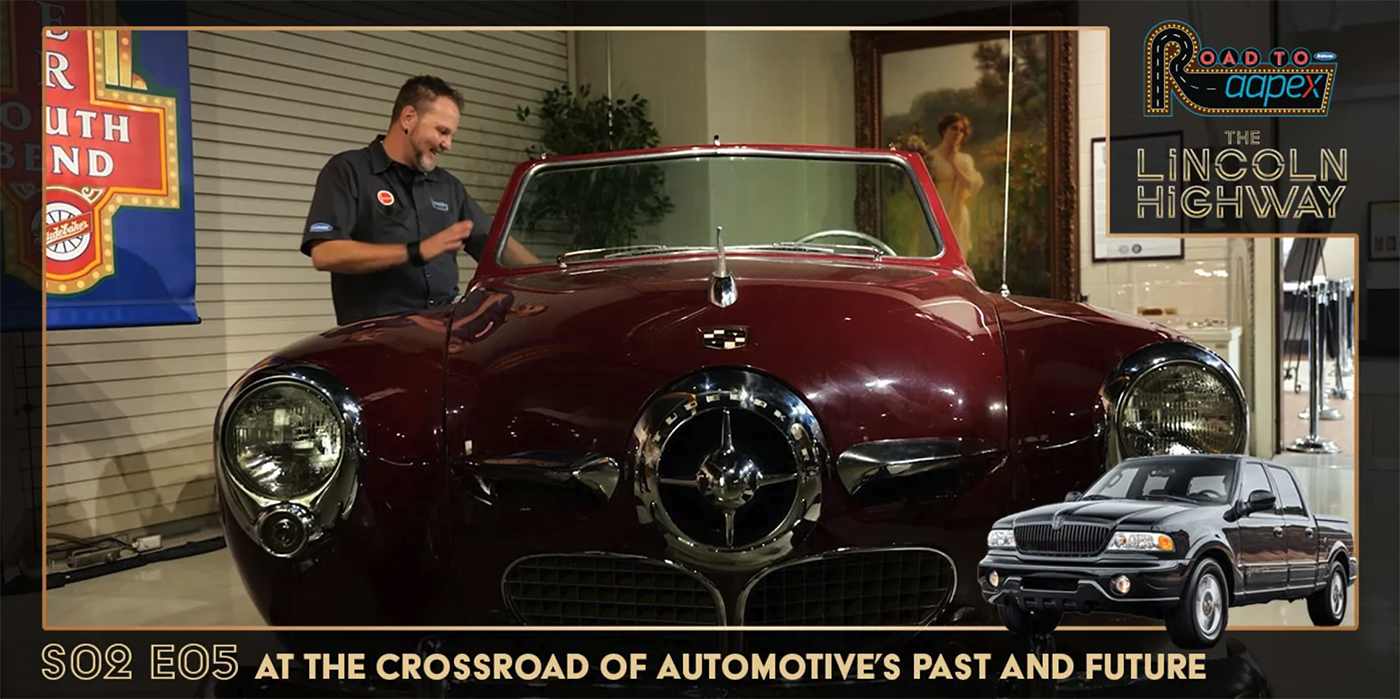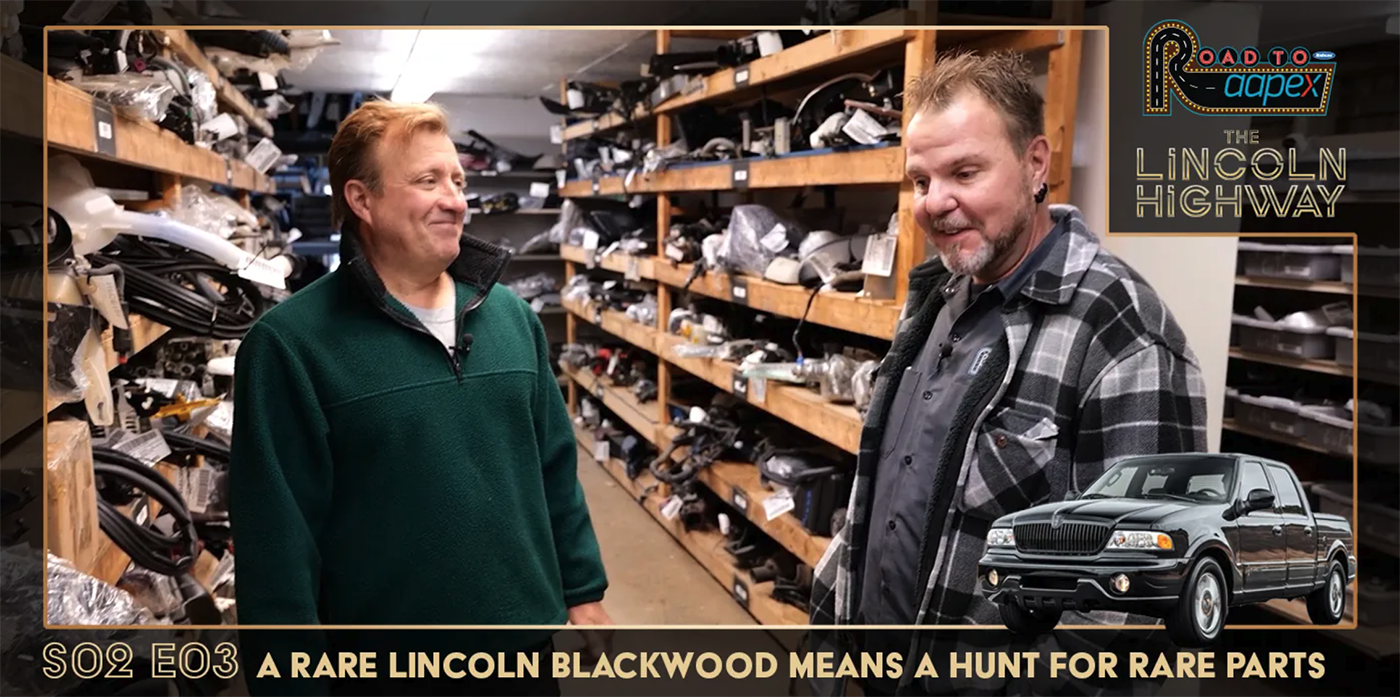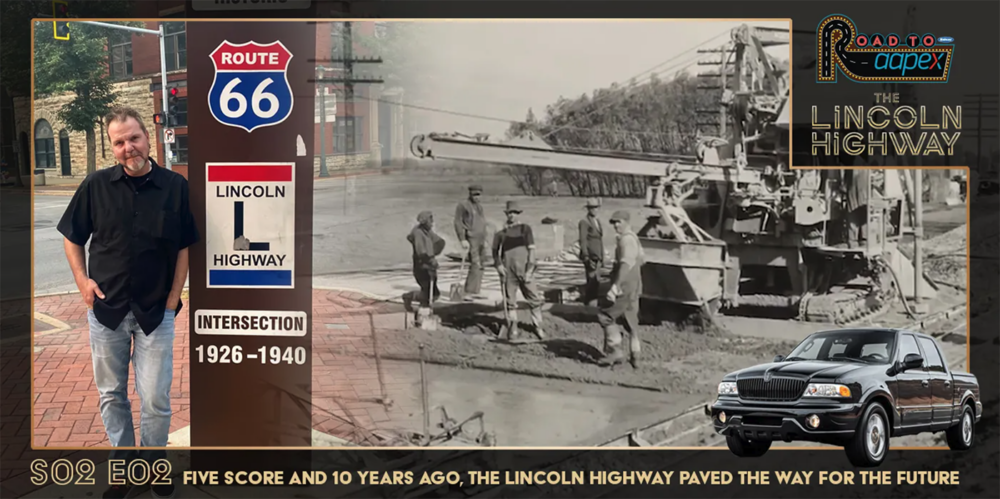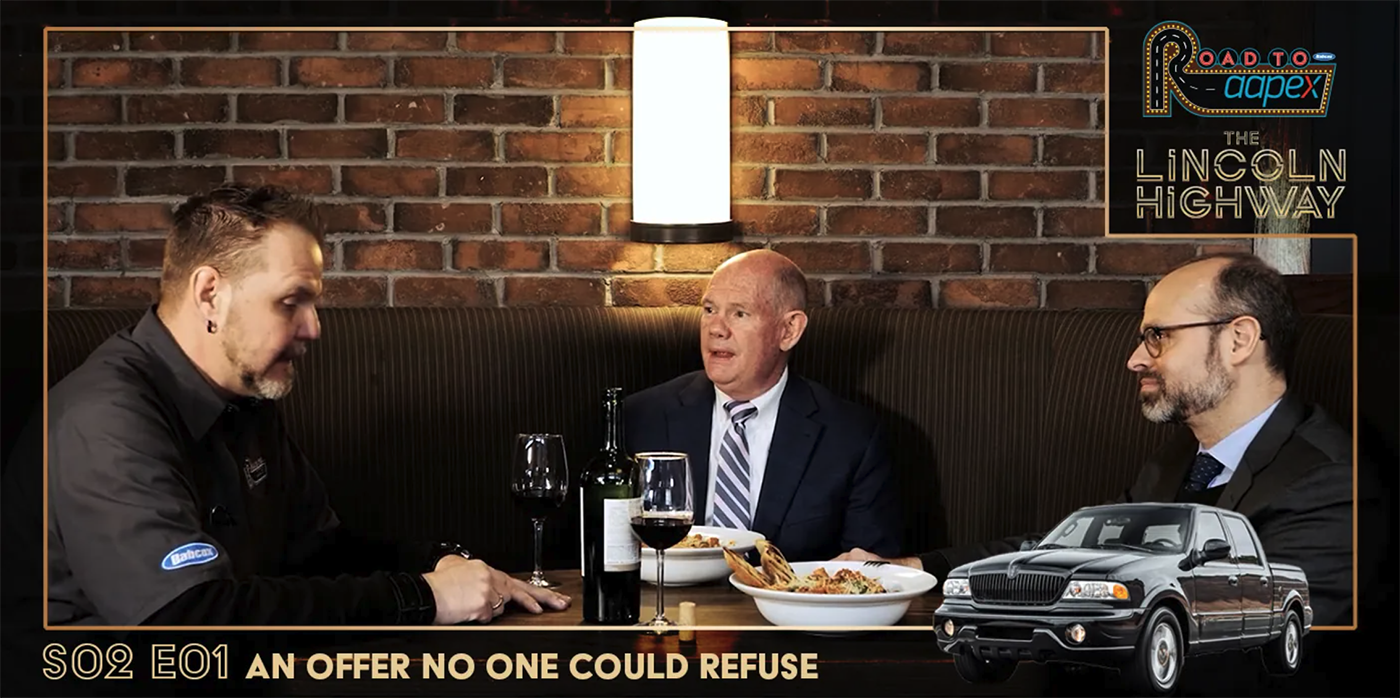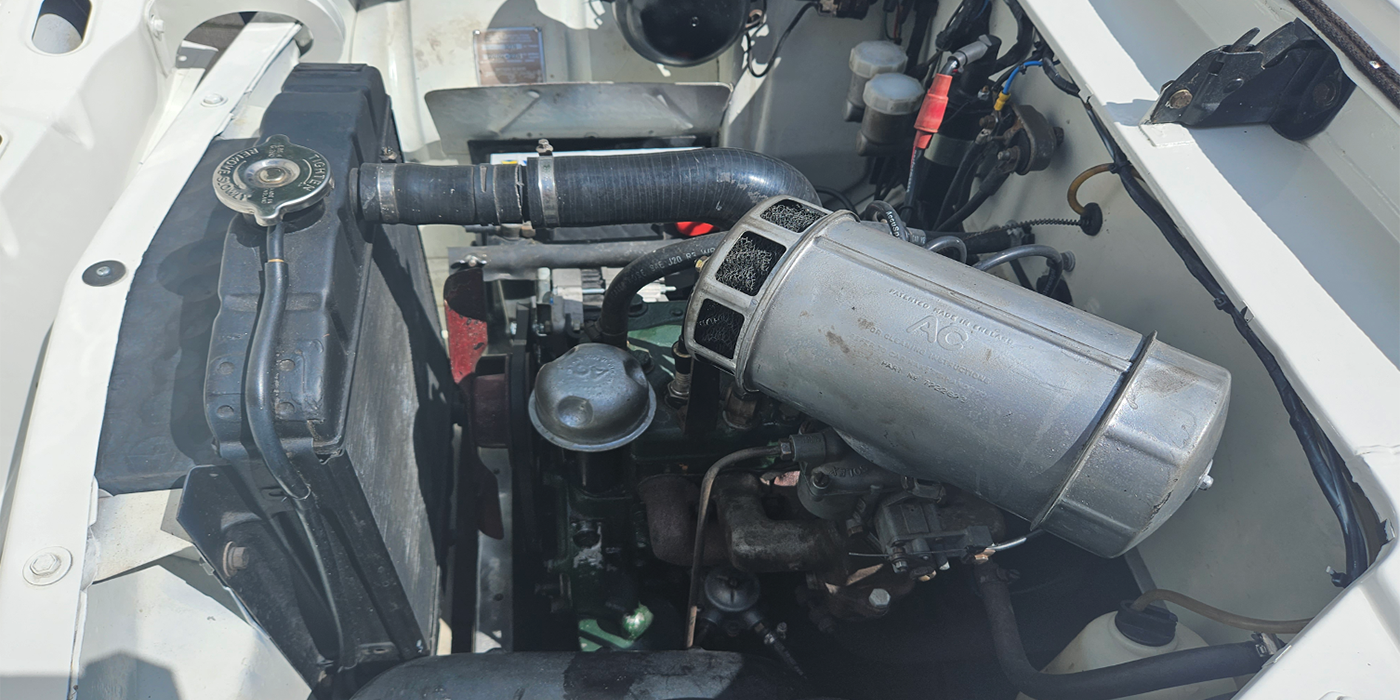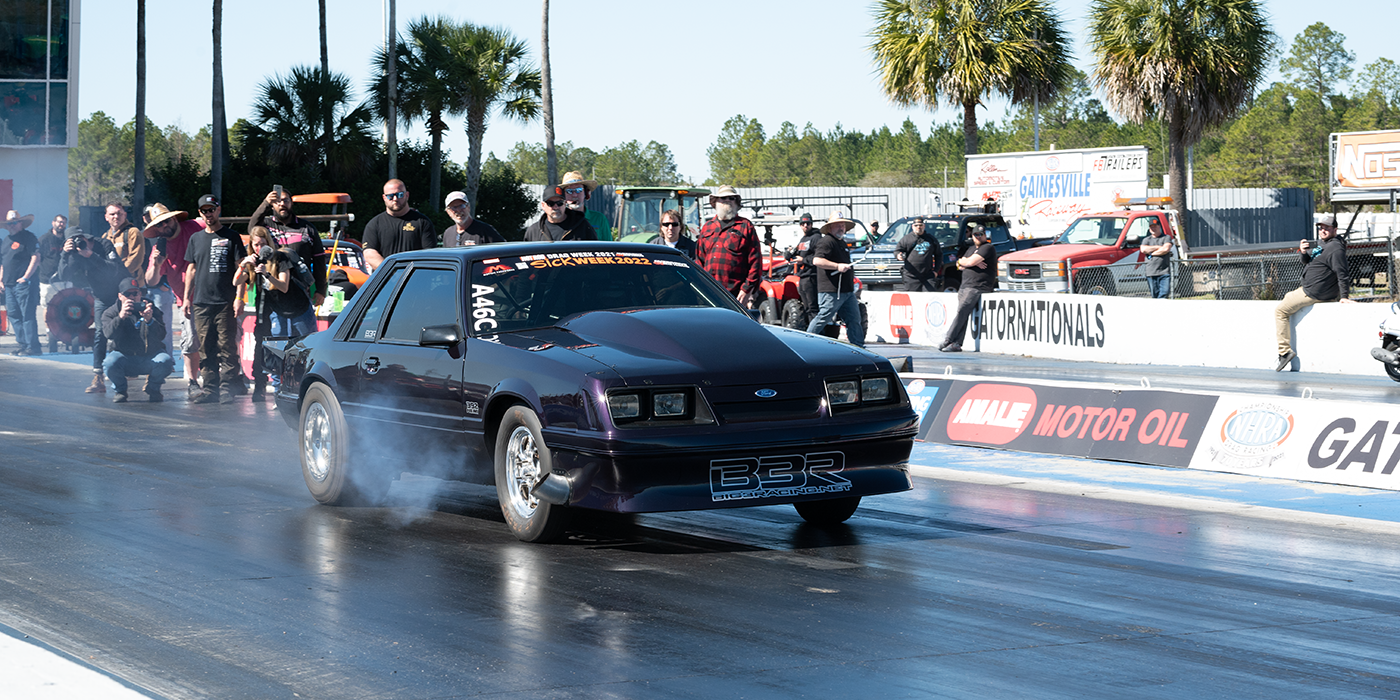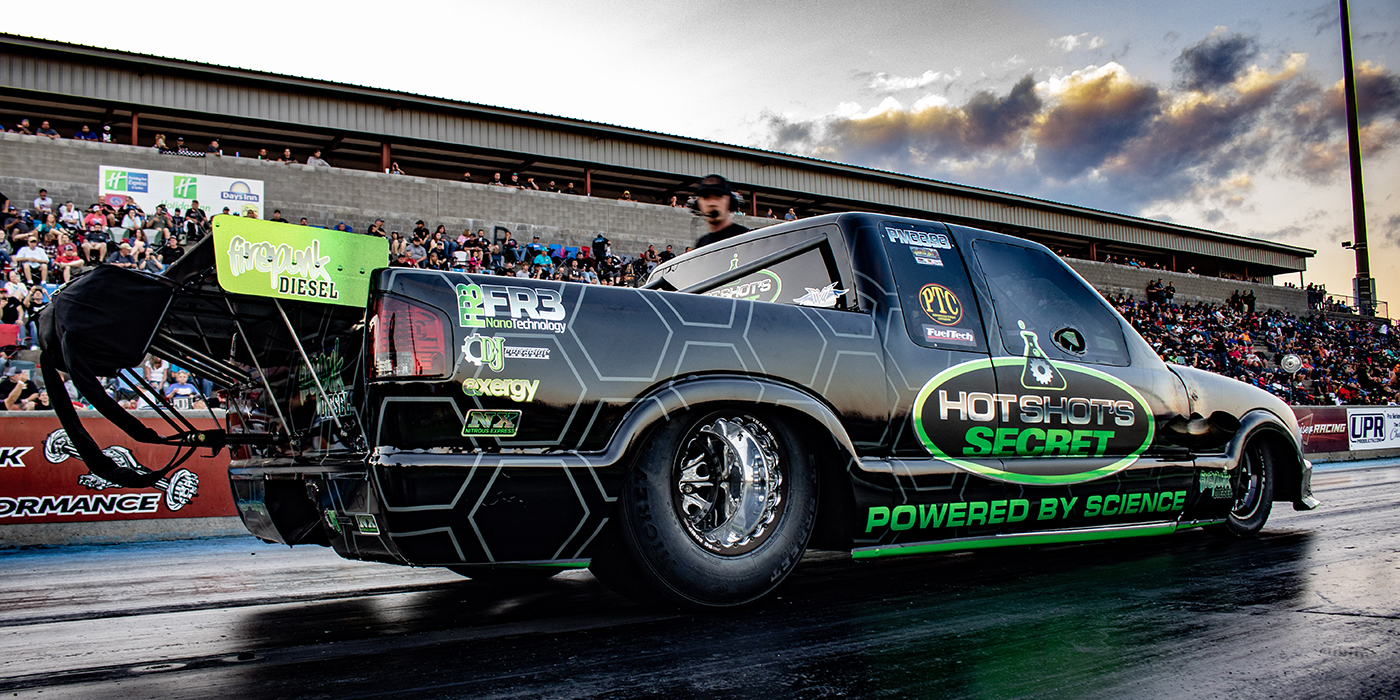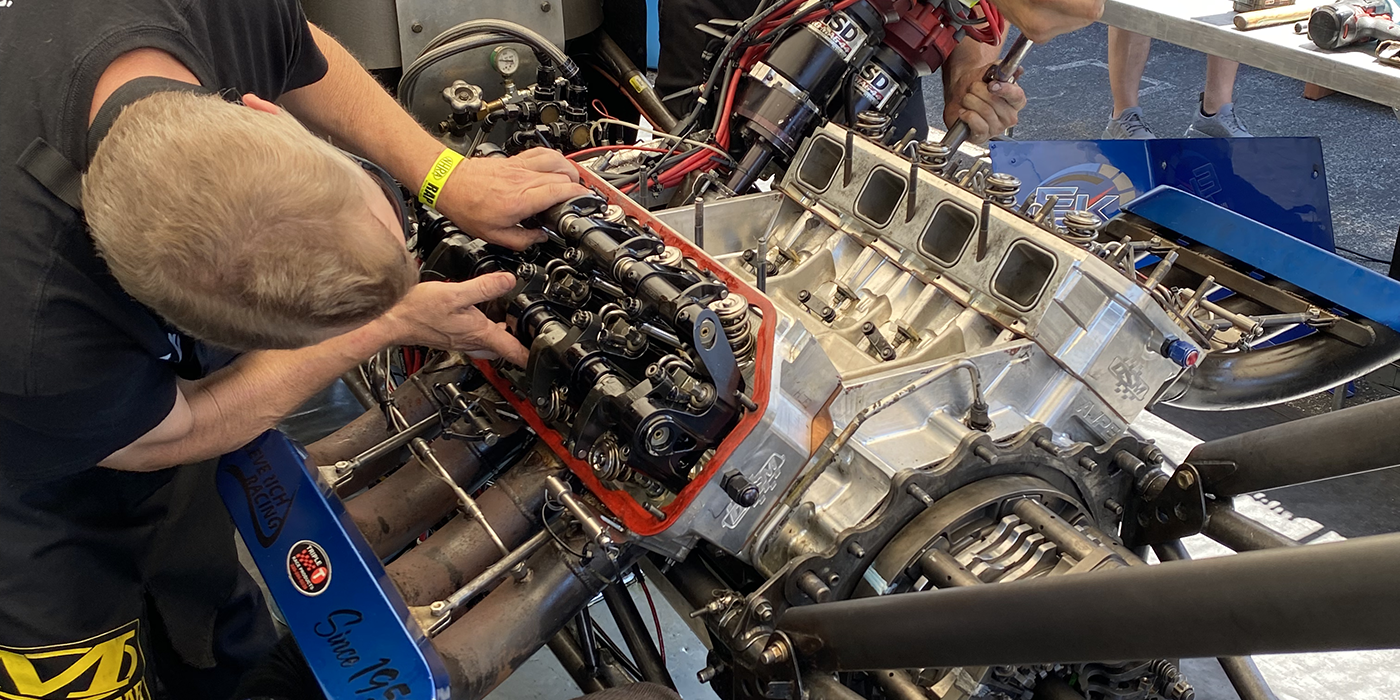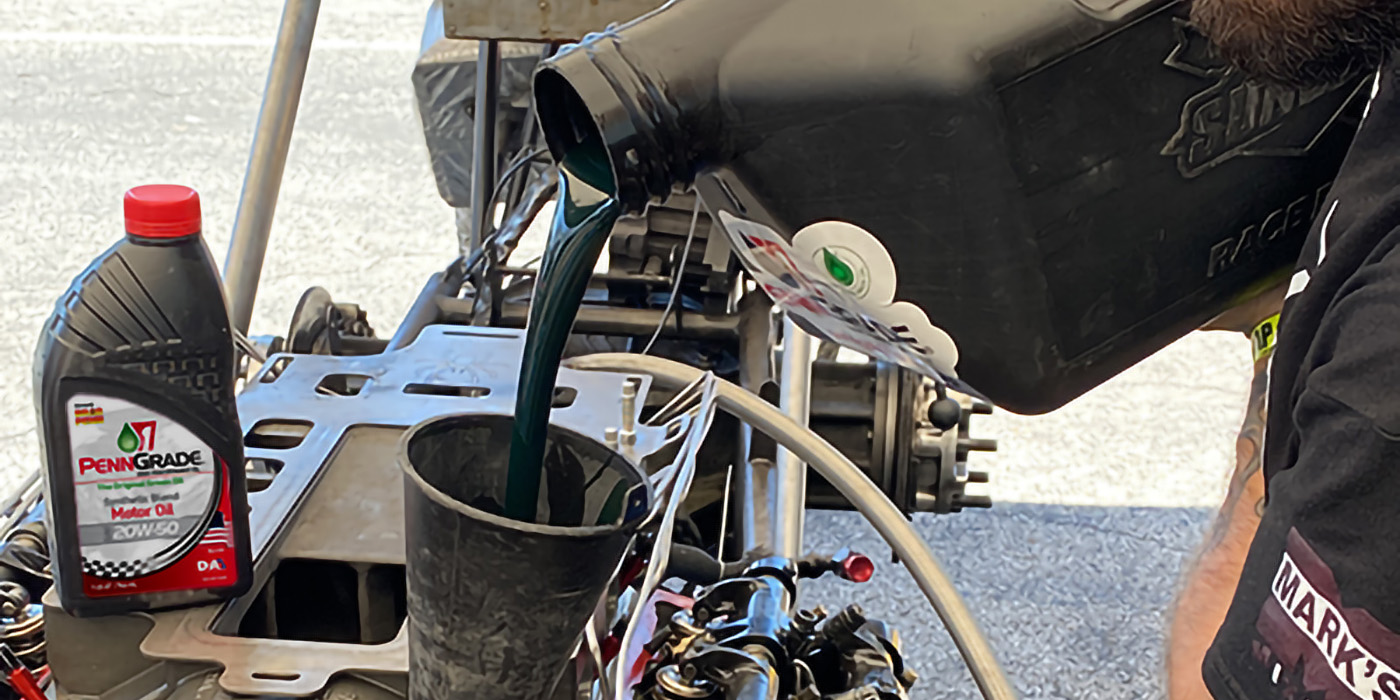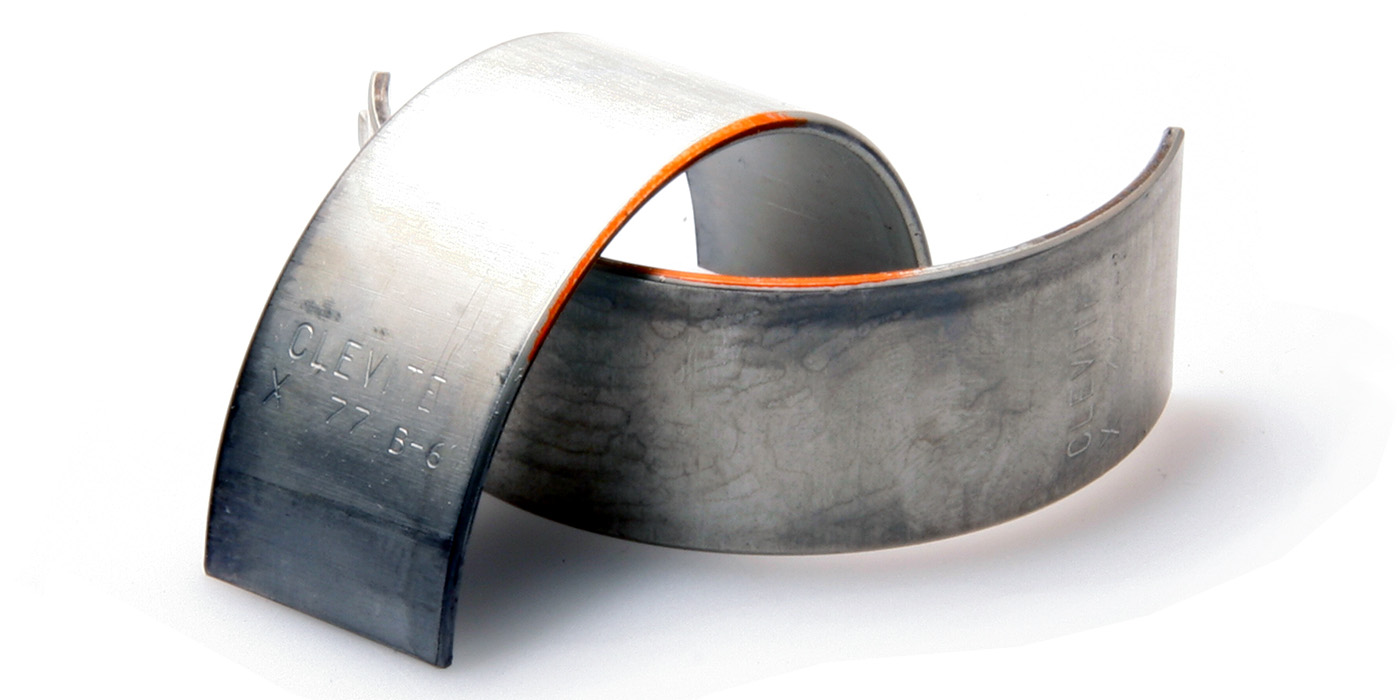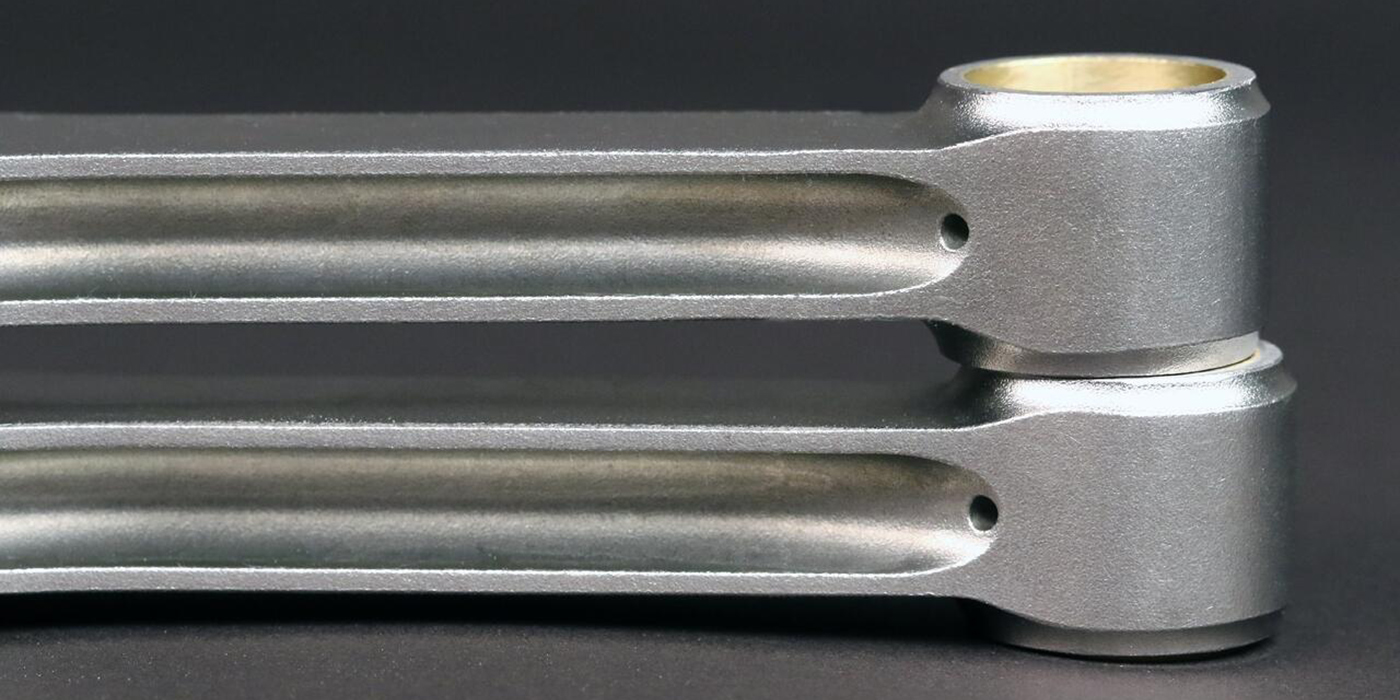Optimism isn’t exactly running high these days
among clutch rebuilders and their component parts suppliers, particularly
with respect to passenger car and light truck clutches. The market
is being squeezed on one side by an influx of new clutches from
offshore suppliers, and on the other side by price pressures and
too much competition. You might say it’s a gripping story about
a market that has been slipping away from traditional clutch rebuilders
for the past several years.
On the heavy-duty side, the situation is more engaging. The level
of remanufacturing activity remains high as demand overall for
reman clutches has been holding steady. Profits are still reasonably
good in heavy-duty clutches (much more so than passenger car and
light truck), and some are finding new opportunities in niches
such as the agricultural clutch market.
Industry chatter has it that some major changes and consolidations
are underway. At least one major clutch remanufacturer is reportedly
up for sale by its parent company. Another has seen its clutch
business spiral down, down, down, according to sources outside
the company. Rayloc announced the closing of its Atlanta clutch
facility as part of a consolidation that shifts clutch remanufacturing
to its Stevenville, TX, plant. Rayloc also remanufactures clutches
at its Payson, UT, facility.
"Most of the big rebuilders of passenger car clutches have
folded," said Bill Russell of Russell Auto Parts, a core
supplier in Boerne, TX. "I’ve been supplying clutch cores
since 1948 and this is the worst I’ve ever seen it. Most of the
people who have supplied clutch cores have gotten out of the business.
Including ourselves, there’s only three major suppliers left."
Russell blamed the demise of the passenger car clutch market on
the glut of new clutches that have been pouring into the U.S.
from offshore manufacturers. He said too many rebuilders have
gotten away from the basics that built their businesses, by selling
new clutches instead of remanufacturing them. "They fired
all their buyers and went to computers," explained Russell.
"A lot of those companies are now out of business.
"There will always be a need for clutch rebuilding, especially
on the older applications and agricultural applications because
nobody wants to make new clutches for cars or tractors that are
more than 10 years old," said Russell. "But rebuilders
have to get back to the basics of rebuilding if they’re going
to turn things around."
Michael Tell at Marvin Tell Company, Trafford, PA, blamed the
current situation in the clutch market on consumers who are buying
low priced new clutches instead of reman clutches, and not enough
rebuilders who are aggressively promoting the advantages of reman
versus new clutches.
"A lot of rebuilders initially bought new clutches to fill
holes in their inventories because cores were not available,"
explained Tell. "But now the manufacturers they were buying
new clutches from are selling direct to their customers.
"Rebuilders need to go out and sell themselves and the benefits
of remanufacturing. They’re certainly capable of doing a superior
job on automotive clutches no matter how tough a clutch is to
rebuild. So I’d like to see rebuilders do what they do best, and
compete on quality," said Tell.
Third world clutches
Luk and Valeo are the major suppliers of new
OEM and replacement passenger car clutches in the U.S. Even so,
offshore manufacturers in China, Korea and India are exporting
a growing volume of new clutches into the North American market.
"The problem," said Chris Jackson of AMS Distributing,
a component parts supplier in Fenton, MO, "is that there’s
an over capacity in new clutch manufacturing worldwide. Everybody
wants to sell here (U.S.). They all think that North America is
this huge untapped market. But the supply has exceeded demand
and depressed prices.
"What a lot of consumers don’t realize is that many of these
new clutches from Third World countries are not from OEM manufacturers.
Most people think a new clutch means one produced by an OEM manufacturer.
But many of the new clutches that are being sold are Third World
clutches of inferior quality.
"Some of the major retailers and rebuilders who have been
selling these clutches are reconsidering their quality, and are
realizing that a remanufactured OEM (quality) clutch is usually
better."
Jackson said he thinks small- and medium-sized rebuilders who
have their ears close to the market are in a good position to
respond to the challenge created by the influx of Third World
clutches. "The opportunity is to go out and sell quality,"
he said.
Eddie Thomas of Pioneer, Inc., a component parts supplier in Meridian,
KS, thinks rebuilding passenger car clutches may yet make a comeback.
"There are a lot of cores out there, but prices haven’t come
down much. When prices do come down, I think we’ll see movement
back towards rebuilding."Thomas said a large percentage of
Pioneer’s sales are still passenger car and light truck clutch
components, but that the company is shifting its focus more to
the heavy-duty and agricultural markets.
New or reman?
The level of rebuilding activity in passenger
car clutch discs has also declined sharply. "It only makes
sense if you can’t get a new disc," said Albert Cohen of
Carfel, Inc., Miami, FL, a supplier of new clutch discs.
Cohen said changes in clutch disc designs, such as dampened hubs
and double dampening springs, has made it more costly as well
as difficult to rebuild discs. Consequently, he says, most rebuilders
buy new discs rather than rebuild them.
"With the labor cost to replace a clutch in a front-wheel
drive car being so high, many consumers don’t want to take a chance
on a reman disc and insist on a new clutch and disc. When the
cost difference is only 10 bucks, most people will go with new."
Cohen said that a lot of jobbers and retailers would rather sell
new clutches and discs with no exchange because it eliminates
core hassles. "Nobody likes to handle cores because of the
mess, credit procedures, paperwork and shipping," he offered.
New designs
Stan Strzalkowski, director of aftermarket
products for Valeo in Livonia, MI, said General Motors changed
to a new style of "concentric bearing" clutch on all
of its pickup trucks in 1996. The clutch has a different lever
height and is not interchangeable with previous designs. Consequently,
the new design will have an impact on the high volume clutch numbers
as time goes on.
"Most of the demand for replacement clutches is for pickup
trucks; it won’t take long for this change to be felt in the aftermarket,"
said Strzalkowski. He said most major retailers have new clutch
programs.
"Everybody is buying kits these days because a kit that includes
the cover, disc and bearing eliminates a lot of confusion and
the risk of mismatching parts," said Strzalkowski. "It
means more SKUs for jobbers and warehouse distributors, but the
benefits outweigh the added numbers." He said NAPA also has
a reman kit program in place, and that rebuilders should consider
the advantages of offering their reman clutches in kits to their
customers.
Heavy-duty
Most of the rebuilders we interviewed for this
article told us that the heavy-duty market is still relatively
healthy. About 70% of the OEM market is still Spicer, though Rockwell
has captured about 28% of the OEM business. Valeo has been making
a "stab" at the OEM market, but has only captured a
few percentage points up to this point in time.
According to several sources, most rebuilders do not rebuild Rockwell
clutches, but replace them with Spicer units. "About 90%
of our business is rebuilding heavy-duty clutches," said
Tony Lato of Unique Automotive Rebuilders, Inc., Jonesburg, MO.
"Spicer is our main bread and butter. But the conventional
angle spring clutch is phasing out and is being replaced with
the Easy Pedal clutch. The older cores are starting to fade out.
A lot of people are resisting the change, but it’s inevitable."
Lato says another change he’s seeing is the entry of more Class
6 and 7 foreign trucks into the market. "Parts are not available
for most of these, and disc parts are impossible to find,"
said Lato. "But we’ve got a lot of cores and can usually
get what we need."
Ron Charnes of A.C.C. Rebuilders in Memphis, TN, also rebuilds
primarily heavy-duty and industrial clutches. "We’re seeing
more and more changes all the time," said Charnes. "I
think the OEMs are trying to put us rebuilders out of business.
Valeo and Rockford won’t sell (replacement) component parts, and
Spicer is trying to get it so the aftermarket can’t make parts
for its new clutches. If we can’t get the parts we need to remanufacture
clutches, we can’t stay in business."
Richard Finley of Brake & Clutch Supply in Waco, TX, says
his six-man shop does about $500,000 in clutch sales annually,
about three-fourths of which is for agricultural applications.
The rest is mostly one-ton and up trucks, but also some passenger
cars. "We do whatever comes in the door," he explained.
Finley said his biggest problem is with other rebuilders who do
"patch jobs" instead of a complete rebuild and then
sell at "dirt cheap" prices. "Some of these guys
just clean up the clutch and repack the bearings. Or they weld
up the housing or cover and don’t do much else. But the buyer
soon learns they get what they pay for.
"When we do a clutch, we do a complete rebuild and install
a lot of new parts. We put in new bearings, retainers, housings,
springs and bushings. We’ll reuse the cover and sleeves if they’re
okay, and the plate if it cleans up. When we’re done, it’s as
good or better than new."
Finley said he’s recently started rebuilding Mack clutches as
well as brake boosters and CV joints. But he says the CV market
is too cutthroat, so he may get out of it.
"It’s really getting harder to get parts for some clutches,
especially the import passenger car clutches," continued
Finley. "Luk and Valeo only want to sell new clutches, and
they want a core back when they sell a new clutch to keep the
cores out of the hands of rebuilders. Sometimes we’ll keep the
core and pay the core charge so we can have the core for parts,"
he said.
Joe Gears at Toledo and Brake in Toledo, OH, said his company
does primarily heavy-duty and "specialty" clutches (agricultural,
off-road and classic car). Four employees turn out about 250 clutches
each month. Business has been steady, he reports, even though
Dana has captured a lot of market share in the Toledo area with
its own reman program.
He credits his success to efforts that have been made to go out
and sell local fleet accounts. "We do a good job marketing
in about a 50-mile radius," said Gears. "We build a
quality clutch and that’s what our customers want."
Dave Bortz, president of Tribco, Inc., Cleveland OH, a supplier
of component parts and friction material for heavy-duty, street
performance and racing clutches, said quality is something every
rebuilder should sell. "The friction material is usually
the weak link in a heavy-duty clutch," said Bortz. "Poor
OEM designs continue to generate an aftermarket for clutches,
especially in some applications such as the 550 hp Caterpillar
engines."
Bortz said his company will soon be granted a patent on its procedure
for manufacturing friction material. The process, which allows
the use of 100% Kevlar fiber and a high temperature resin developed
by NASA for reentry vehicles, yields a friction material that
can outlast sintered bronze by four times, and organic linings
five to six times. It’s a more expensive material, but can provide
the higher level of quality that is necessary for performance
applications as well as heavy-duty (For a complete listing of
friction material suppliers to the clutch rebuilding industry
see our January Purchasing Directory issue, editor’s note).

